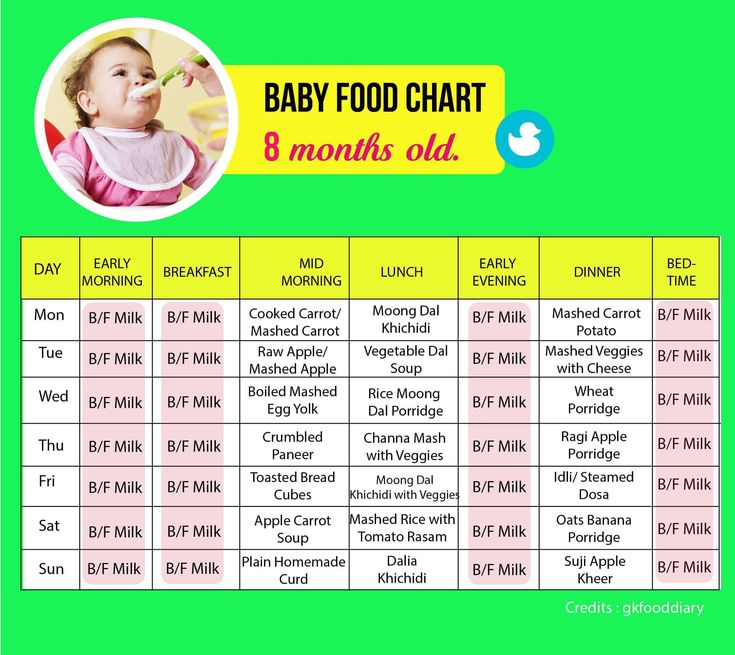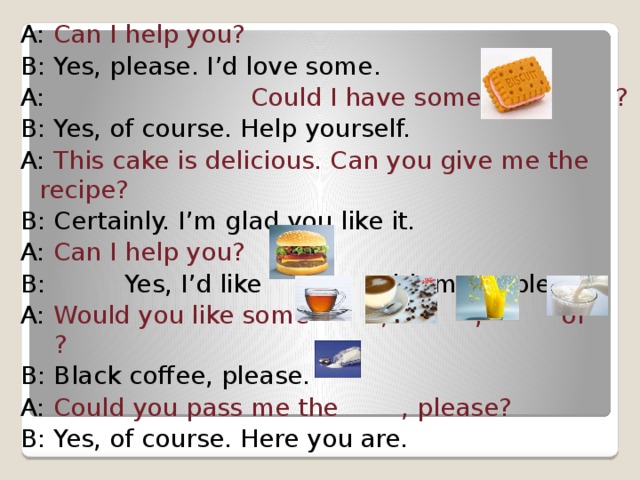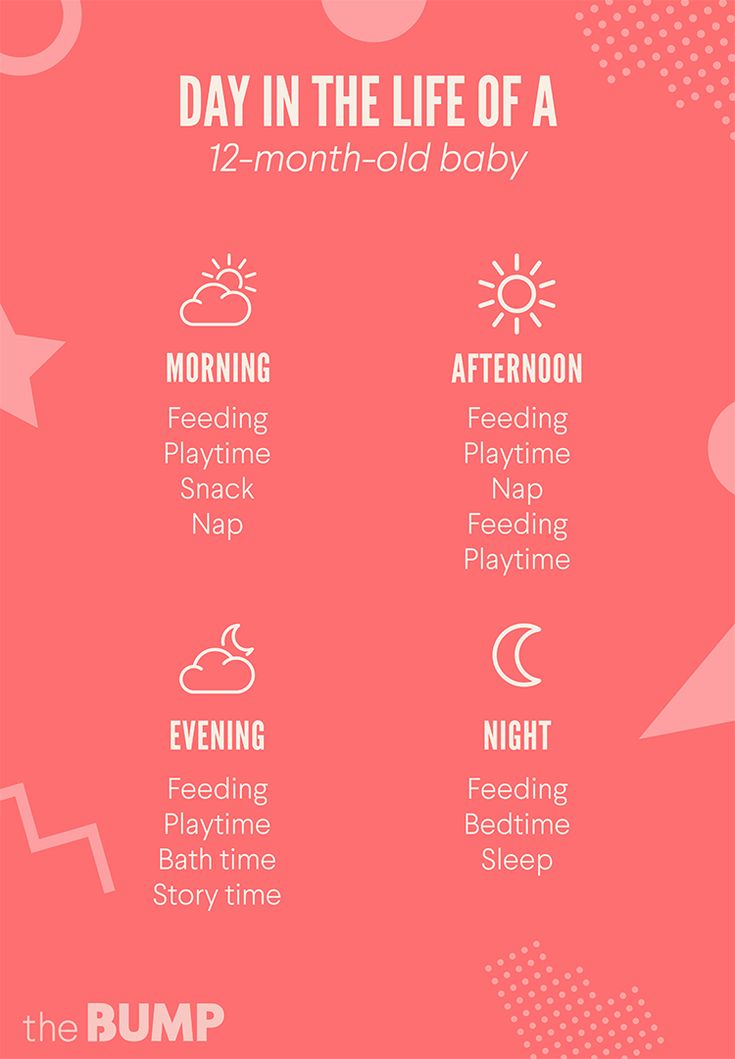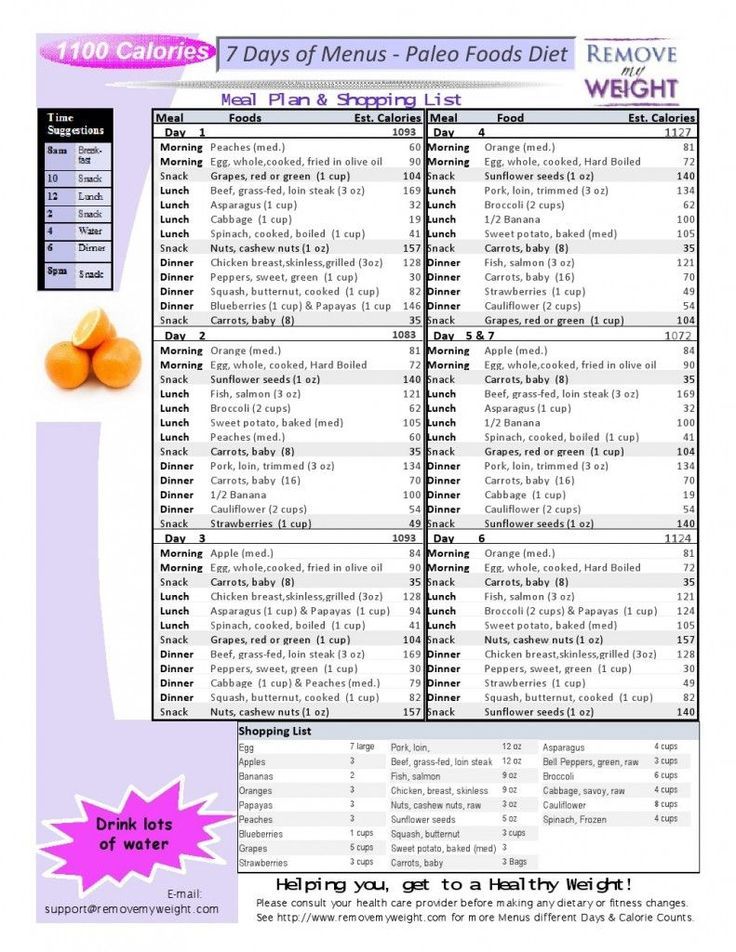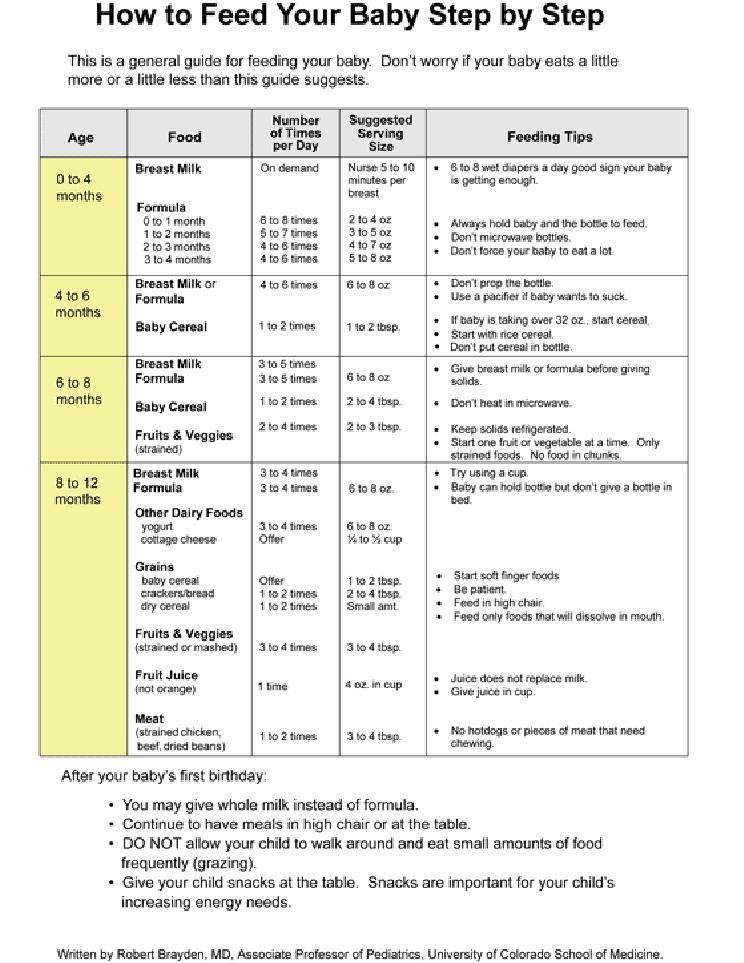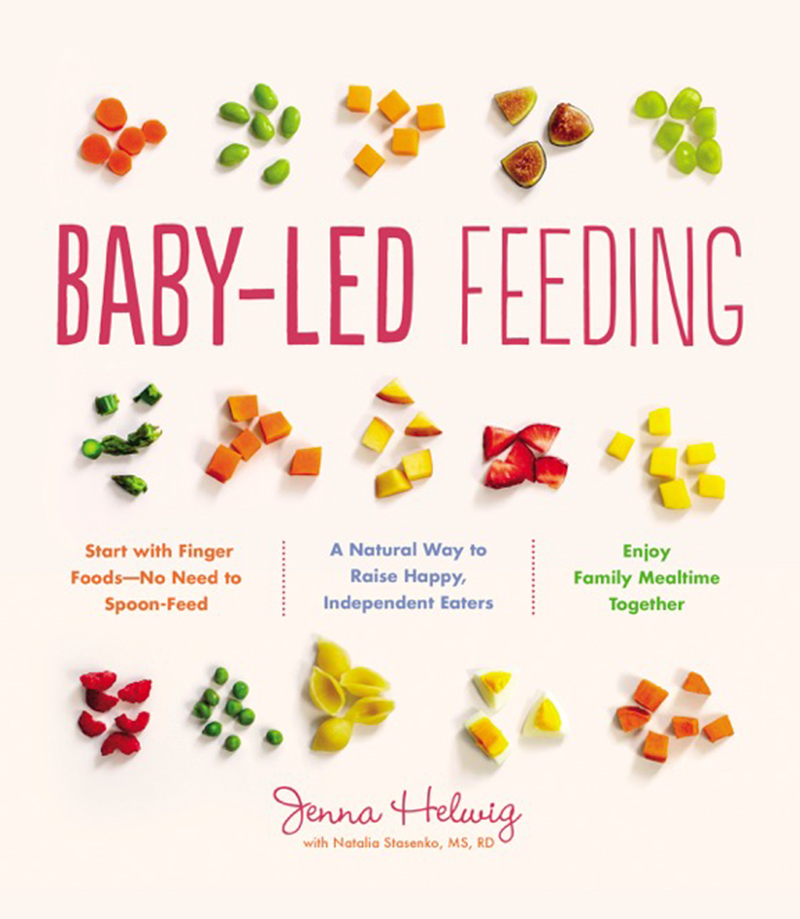8 month old baby still feeding at night
Why Night Weaning Isn't Working
Is your ongoing project to night-wean your baby a huge and utter failure? Does the idea of sleeping, without interruption, seem as unattainable as travel by jetpack? Starting to feel a little stabby?
Don’t feel bad, you’re in good company. Getting your baby to consume all their calories during civilized hours can be a tricky project beset by illness, teething, and a seemingly endless stream of growth spurts. But it can be done. And it helps to start by figuring out why things aren’t quite working out as planned.
Any night-weaning project needs to start with putting baby down awake. If you are still nursing/feeding/using the pacifier to get baby to sleep (and let’s face it, most of us are) you need to START with putting baby down awake AT bedtime. You cannot skip this step. No cheating. Put baby down awake.
But what if you ARE putting baby down awake and you’re still not having any success at night? Below I’ve listed the 8 most common reasons night weaning isn’t working in order from the MOST likely (#1) to the LEAST likely (#8).
-
They’re too young.
Some babies aren’t ready to fast for 12 hours until they are 6-8 months old. If your 10 month old is still eating all night long, you’ve probably got other issues. But when your baby is 4, 5, or even 6 months old, they may be simply not ready to go that long without a meal. So if your 6 month old still resolutely eats 1-2X a night, it may simply be a “wait it out” type of issue.
-
Eat = Sleep
Even if you are putting baby down awake, she could still have a STRONG eat=sleep association that will stymie your efforts to night wean. Night weaning STARTS at bedtime. If you’re nursing/feeding just PRIOR to bedtime, your baby can maintain a food=sleep association and insist on being fed throughout the night. You’re going to have to put your night-weaning project on hold and focus on separating the eat=sleep association AT bedtime. Try mixing up your bedtime routine so that there is minimally a 20 minute gap between food and sleep.
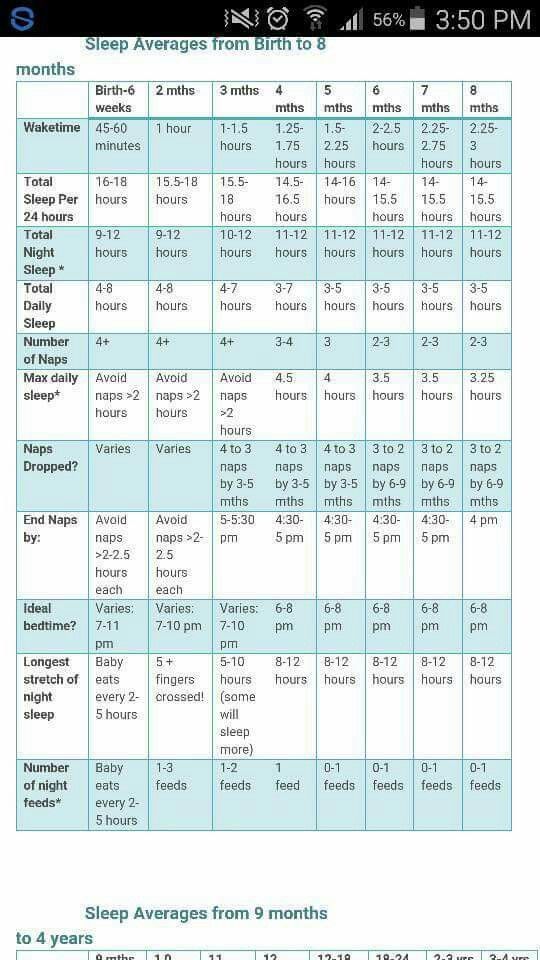
-
Distracted Eater
As babies get older and more interested in the world they can’t be bothered to stop staring at the Christmas lights long enough to eat. So despite your best efforts baby may eat just enough to get by during the day, choosing instead to tank up at night when it’s dark and boring out. Or….
-
Preferred Source
Many working Moms find that their baby barely consumes 10oz a day at daycare, far less than they are pumping, but then is ravenous all night long. Often your baby previously had one small snack at night but now is clamoring for huge nursing sessions throughout the night. Why? Because they would much prefer to get their milk fresh from the breasturant and, given that the breasturant is only open at night, they wait to eat at night. The solution to distracted eaters and “only the boob will do” babies really deserves it’s own post. But clearly the answer is to get more calories in during the day and to make food less available/appealing at night.
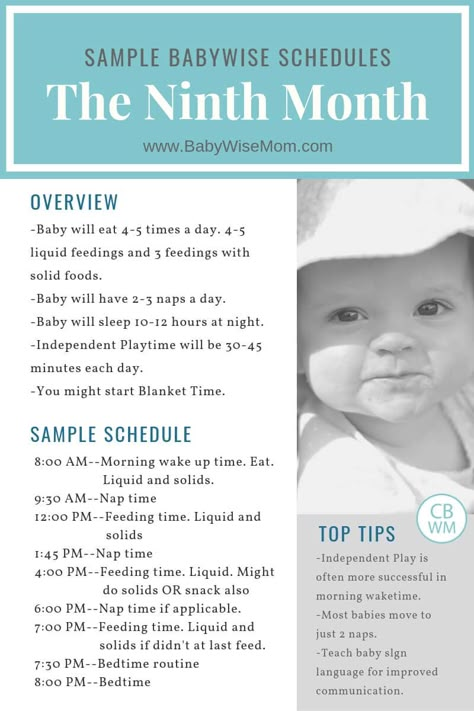 Because if baby is fasting during the day for whatever reason, night-weaning will continue to be an uphill slog.
Because if baby is fasting during the day for whatever reason, night-weaning will continue to be an uphill slog. -
Too Much Solid Food
Feeding babies solids is super fun and especially for nursing Moms, can be a well-earned reprieved from being the sole source for on-demand feedings. But baby food is calorically light. 4 oz of breastmilk = 80 calories. 4 oz of gerber carrots = 15 calories. It’s like high-fiber diet food. So don’t let your well-intentioned enthusiasm to offer solid meals interfere with liquid calories during the day.
-
Nursing Issues
PLEASE DON’T PANIC AS THIS IS VERY RARELY THE ISSUE. No…I can see you are panicking. Please stop. Really. In very RARE cases there might be a small nursing issue that is tripping you up. Sometimes baby is thriving, growing, and producing wet diapers but supply is just a tiny bit low so baby is constantly hungry and eats hourly all day long. Or maybe oversupply or fast letdown means that baby is filling up on watery foremilk but not getting enough of the fatty hindmilk, and thus need to eat constantly because each meal is really more of a snack.
 I’m not a nursing expert and there are probably 5 other small nursing challenges that might lead to an older baby who needs to eat constantly. But I DO know that they’re a) rare and b) fixable. If you suspect this is the root problem it’s time to find a reputable, local IBCLC to work with.
I’m not a nursing expert and there are probably 5 other small nursing challenges that might lead to an older baby who needs to eat constantly. But I DO know that they’re a) rare and b) fixable. If you suspect this is the root problem it’s time to find a reputable, local IBCLC to work with. -
Self Sabotage
Maybe you’re a working mom who feels guilty about not having enough cuddle time during the day. Maybe you still see your hearty 25 lb baby as the 5 lb preemie he was 10 months ago. For many reasons sometimes parents aren’t quite ready to night wean and that tiny voice inside tells them to run into baby’s room every time they here a coo in the night. And that’s totally OK. Take some quiet time and ask yourself, “Am I really ready for this? Do I feel some inner conflict about it?” If you aren’t ready, take weaning off the table until you are. It’s OK. You’ll get there.
Anybody struggling with night weaning? Any success stories from the trenches? Anything else I should add to my list?
Sleeping Through the Night Part 3
By 6-8 months your baby is fully ready and capable to be completely done with eating at night. Dr. Sears suggests that some parents really enjoy feeding their babies at night and will happily continue offering night feeding sessions until the child stops waking up on their own. If you are one of these mythical “I love waking up in the middle of the night” parents, best of luck to you. Personally I don’t know any people like this. And I think they’re really rare. Like unicorn rare.
Dr. Sears suggests that some parents really enjoy feeding their babies at night and will happily continue offering night feeding sessions until the child stops waking up on their own. If you are one of these mythical “I love waking up in the middle of the night” parents, best of luck to you. Personally I don’t know any people like this. And I think they’re really rare. Like unicorn rare.
But my point is that by this time your baby no longer needs to consume lots of food at night and is fully capable of getting all their calories in during daylight hours. And while a few babies will organically drop all their night feedings without any assistance from you, the vast majority of babies will continue to wake up routinely for a nursing session or bottle for years. So you can live with night feedings for the next 3 years, or you can take some simple and effective steps to gently wean your baby off their night feeding habit.
If you think you’re ready to stop night feedings you must have already read and done your homework from Sleeping Through the Night Part 1 and Sleeping Through the Night Part 2.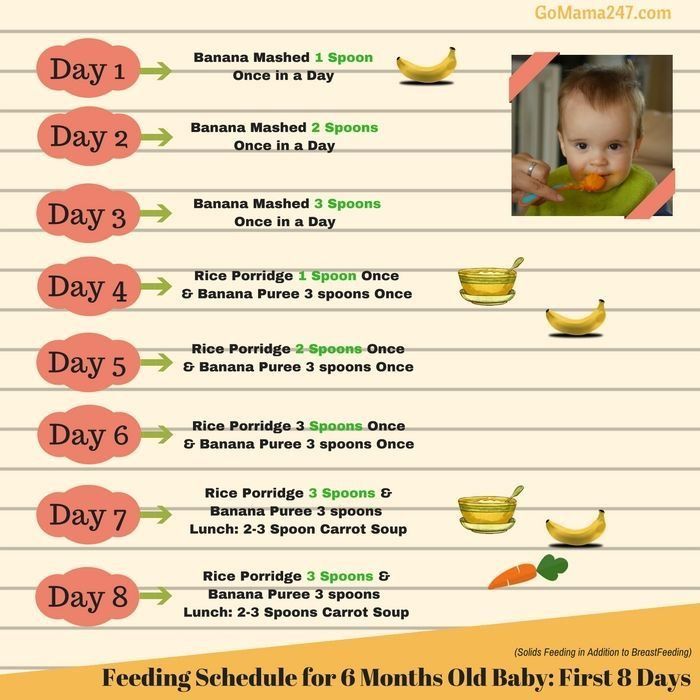 Otherwise my no-fail night weaning strategy will fail miserably!
Otherwise my no-fail night weaning strategy will fail miserably!
Start by choosing the feeding that is the least fun for you (typically this is the “dear God why are you awake it’s freeking 2:00 AM” feeding). Use the relevant process outlined below to completely wean off one feeding. Repeat.
- Gradually reduce the amount of time baby gets on the breast by 1 minute every 1-2 days. For example if your baby nurses 10 minutes a side (for a total of 20 minutes), start popping him off at 9 minutes, 8 minutes, etc.
- By the time your baby is only nursing for 2-3 minutes he may stop waking up all on his own. WHOOPIEE!
- If your baby STILL wants to nurse then you have a few options on how to handle it:
- A) Send daddy in for 1 minute of low-key soothing. Daddies are miraculously good at this. Also? They don’t smell like food. Babies are much more adaptive at getting the “no more food for you buddy” message from Dads.
- B) Let him complain.
 This should NOT be a nightmare CIO scene. Most babies who have been gently decreasing their milk consumption are now USED to not eating at this time. Left to their own devices they typically complain for 5-10 minutes and then fall back to sleep.
This should NOT be a nightmare CIO scene. Most babies who have been gently decreasing their milk consumption are now USED to not eating at this time. Left to their own devices they typically complain for 5-10 minutes and then fall back to sleep. - When you are done feeding your baby at X time of night you are DONE. Don’t let teething/colds/travel get you back on the night feeding menu. If this happens you need to start over again. Do not pass GO. Do not collect $200.
Night Weaning for Bottle-fed Babies
- Offer 2 oz less of formula. So instead of an 8 oz bottle, offer a 6 oz bottle. Then a 4 oz bottle. Etc.
- -OR- Dilute the formula by reducing the amount of formula in the bottle by 1 scoop but leave the amount of water the same. So instead of 8 oz of water with 4 scoops of formula you would offer 8 oz of water with 3 scoops of formula.
- Continue decreasing the dilution of the formula until the bottle is 100% water.
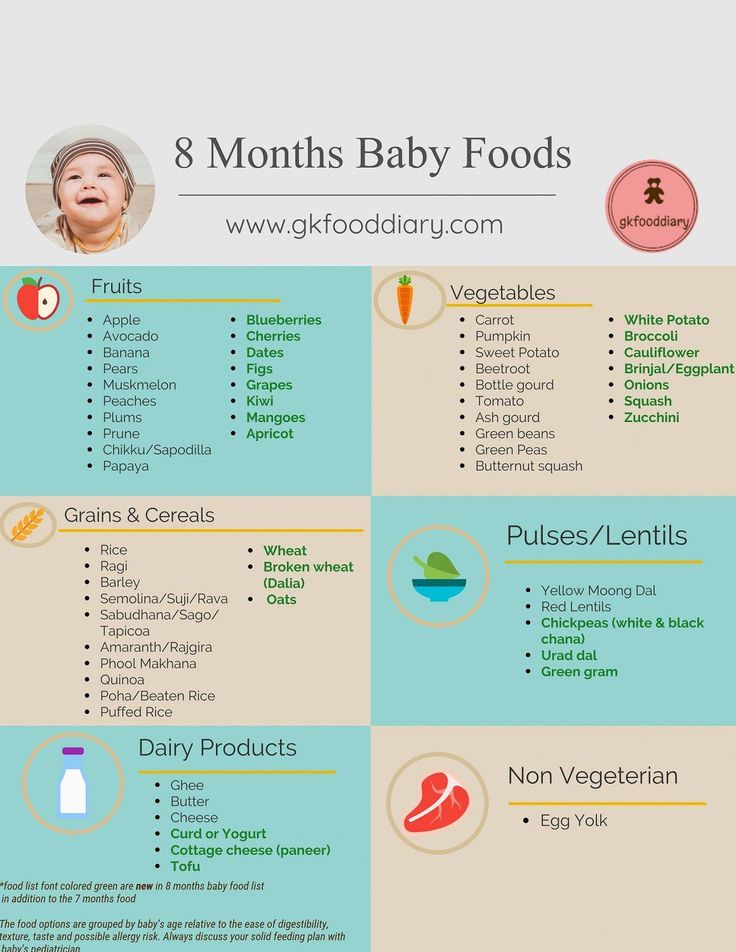 (Or continue offering less formula in the bottle – 6 oz, 4 oz, 2 oz). After 1-2 days of “only water” bottles, no more bottles.
(Or continue offering less formula in the bottle – 6 oz, 4 oz, 2 oz). After 1-2 days of “only water” bottles, no more bottles. - At this point your baby will probably stop waking up for this feeding all on their own. If not read the tips above (for breastfed babies) on how to proceed.
- When you are done with a given feeding you are DONE. No more bottles at that time of night. The kitchen is closed.
I’ve done this with many families over the years and it works shockingly well. Don’t believe me? Try it. Then come back next week and share your success story in the comment section!
There are a few small caveats to night weaning that I want to share….
The Dreaded Early Morning Feeding
It’s really common for babies to wake up to nurse in the early morning, say 5:00 AM, and then fall back to sleep for another 1-2 hours. When starting the night weaning process I suggest that this is the LAST feeding session you tackle.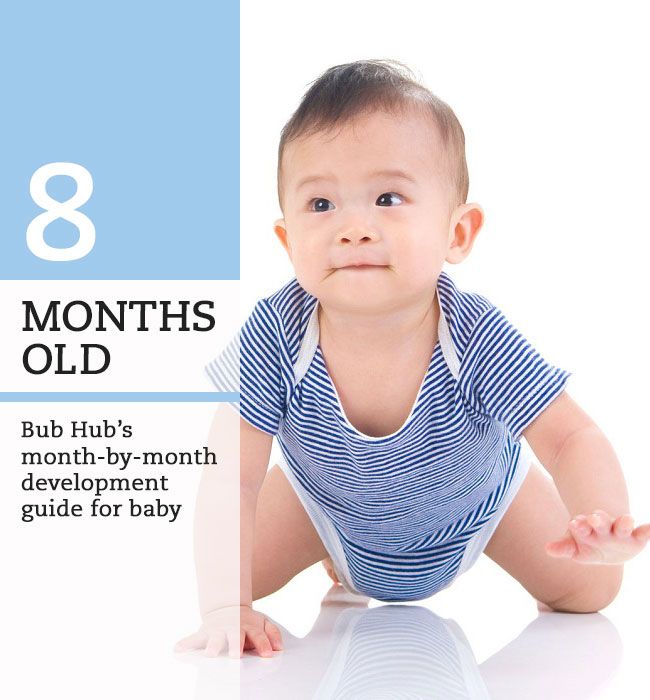
Why?
Because babies often respond to giving up the 5:00 AM feeding by deciding instead to start the day. I think the problem is that a) it’s close enough to their normal wakeup time b) they’re used to waking up at that time already and c) they’ve gotten enough sleep that basic exhaustion won’t just whisk them back to dreamland.
I have no magic solution to this dilemma. Try weaning off the early morning feeding and see what happens. Your baby may continue to sleep happily until their normal wakeup time. Your baby may figure out how to fall back asleep at 5:00 am with a little gentle soothing encouragement from you or your partner. Or your baby may flatly refuse to go back to sleep without being fed.
If the latter then you can decide if you want to simply concede defeat and continue with the 5:00 AM feeding rather than wake up in the early dark of the morning. Personally I think an extra hour or two of sleep is worth dealing with the 5:00 AM feeding.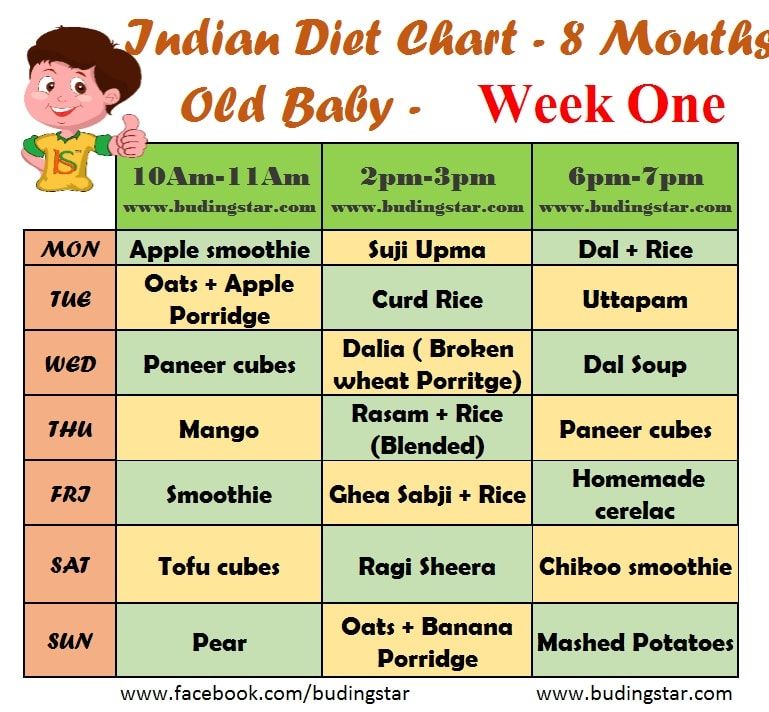 If you’re nursing I would strongly encourage you to give your baby a bottle instead at this hour so you and your partner can take turns.
If you’re nursing I would strongly encourage you to give your baby a bottle instead at this hour so you and your partner can take turns.
Night Weaning Isn’t Working
Night weaning is not always a simple, linear process. If it’s going smoothly – YAY! If not, there could be loads of reasons why things aren’t going well. This is pithy post will work for many but not all. If you’re struggling with issues not covered here and need help troubleshooting, or developing a plan that works for your specific situation, you’ll find those answers spelled out in the book. There is a whole chapter dedicated to night weaning as well as a substantial troubleshooting guide, so check it out.
What worked/didn’t work for you? Leave a comment below!
{photo credit: DonkeyHotey and Stephen Heron}
How to wean a child from night feedings
The child is already one and a half years old, but does he still wake up at night and demand to eat? Many parents face this problem. Someone in such cases is trying to rock, others offer to breastfeed, others give some water or milk formula. And what is the right thing to do in such a situation?
And what is the right thing to do in such a situation?
Responsible Olga Valerievna Alekseeva , manager Pediatric Branch Krasnoyarskaya Interdistrict Clinical hospitals No. named after and . C . Berzona :
- A breastfed baby can receive mother's milk at night, even if he is over a year old. Of course, if the child sleeps all night, it is not necessary to wake him up. But if he asks, you can give a breast. Breast milk is digested much easier than other products. With bottle-fed babies, the issue is somewhat more complicated, if the child is used to receiving formula at night, then it is recommended that at about the same time (a year and a half) wean from night feedings. nine0003
nine0003
Why at night is harmful ?
Dentists often write in scientific articles about dental problems in children who, day and night, do not part with a bottle of sweet tea or juice. Frequent intake of something sweet, especially at night, leads to cavities and more serious dental problems. Therefore, it is highly recommended to avoid sugary drinks at night, even if it is fruit yogurt or “no added sugar” baby juice (juices still contain fruit acids, which can also be dangerous for enamel). nine0003
Another reason why you should not eat at night is the mode of operation of the gastrointestinal tract. Eating is a load on the digestive glands, which must also rest at night. Ideally, the child's nutrition should be according to the regimen: three main meals (breakfast, lunch, dinner) and 2-3 additional (for example, second breakfast, afternoon tea, milk drink at night, without any other snacks) and about one and the same time.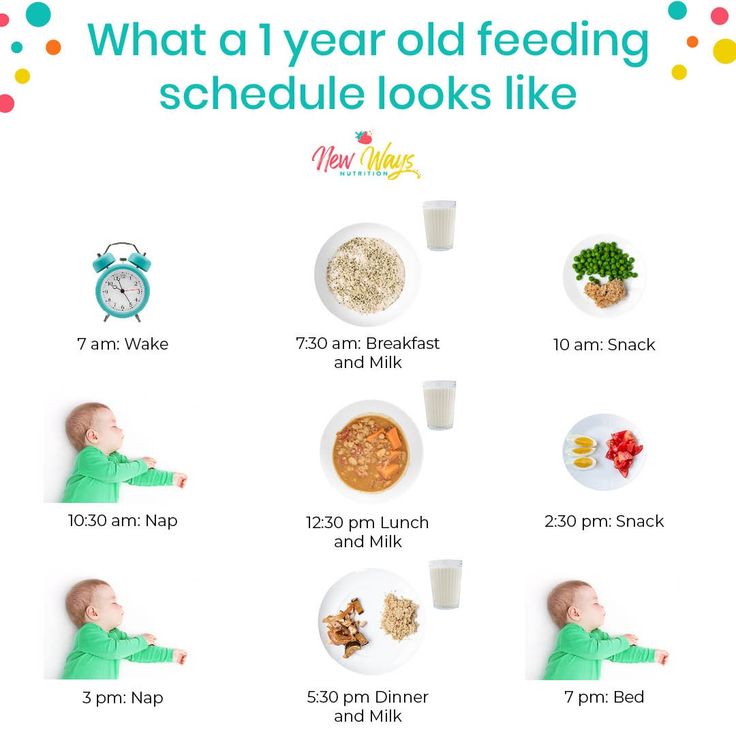 Then the body will be better prepared for eating, the process of digestion will be better. How to teach a baby to eat from a very early age, so he, most likely, will eat in the future. nine0003
Then the body will be better prepared for eating, the process of digestion will be better. How to teach a baby to eat from a very early age, so he, most likely, will eat in the future. nine0003
How Take out Child is according to Nights ?
If wake up at night and not may fall asleep without , at first 9 9009 9 9009 find out , enough whether him food in the afternoon . Maybe he's really hungry at night. Before canceling nightly meals, it is necessary to assess the weight and height of the baby (whether there is a deficiency), and also compare his daily diet with that due to age.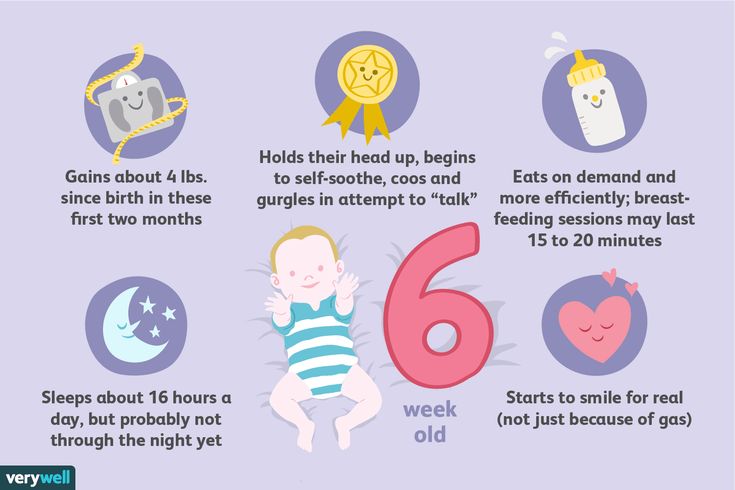 If it is difficult for the mother to do this herself, you need to contact the pediatrician.
If it is difficult for the mother to do this herself, you need to contact the pediatrician.
You can adjust the diet, for example, by “strengthening” dinner: if the child usually eats vegetables, give porridge instead, it will give better satiety and reduce the likelihood that the child will wake up hungry at night. If the baby is on formula, special evening formulas can be used before bedtime, milk drinks levels 3 and 4 are an important part of the nutrition of a child over one year old. After correcting the daily diet, it is necessary to gradually reduce the amount of mixture or kefir that the child eats at night. For caloric content, the child now does not need them, it's just a habit. A simple trick will help prevent stress, make the rejection of the nutrient mixture less painful: dilute the baby food with water, gradually reduce the percentage of the mixture. nine0003
Most pediatricians and psychologists advise involving a man in the process of weaning from night feedings.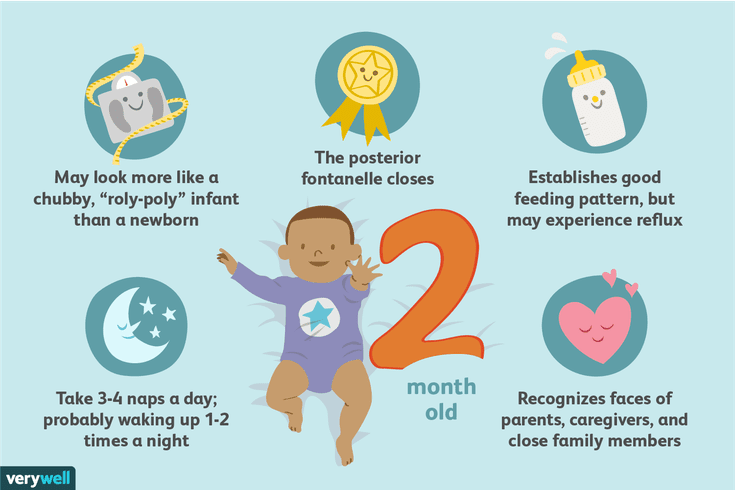 Let dad put his one-year-old son or daughter to bed more often, sing songs, and mom sit next to him, but not take the child in her arms. Gradually, the mother moves away from the crib so that the father can fully pay attention to the child, and the mother is out of sight. It’s good if a man also calms the baby at night.
Let dad put his one-year-old son or daughter to bed more often, sing songs, and mom sit next to him, but not take the child in her arms. Gradually, the mother moves away from the crib so that the father can fully pay attention to the child, and the mother is out of sight. It’s good if a man also calms the baby at night.
It is unlikely that you can quickly stop night feedings, but this is necessary for the health of your child. With an integrated approach, you will succeed! nine0003
Press - service KGBUZ "KMKB No. 20 named after and . C . Berzon , t . 264-00-71, [email protected]
Displaced feeding schedule: why does your baby eat all night and how to change it?
03/12/2017
152386
81
feeding and sleep
3-6 months --9 months–18 months
Article
Natalya Trofimova
Natalya Trofimova
Senior Consultant for SNO, pediatrician
Mom of two daughters
Your baby is little or rarely eaten during the day , but at night hangs on the chest for a long time or often asks for a bottle? This is called a "shifted feeding schedule". With this organization of nutrition, the child receives the bulk of the calories at night. During the day, feedings are either short or rare, or the baby refuses the breast or bottle altogether. After six months, there may be difficulties with the introduction of complementary foods, especially with unformed nutritional interest. nine0003
With this organization of nutrition, the child receives the bulk of the calories at night. During the day, feedings are either short or rare, or the baby refuses the breast or bottle altogether. After six months, there may be difficulties with the introduction of complementary foods, especially with unformed nutritional interest. nine0003
Child crisis calendar
Why is this happening?
- During periods of crisis in a child's development (a developmental leap, teething, an acute illness, any strong emotional experiences), a temporary and sharp increase in the number of feedings is normal, it just needs to be waited out.
- Babies in their first months of life can “mix day and night” and, accordingly, stay awake and eat mostly at night.
- Older children become interested in everything and are easily distracted during the daytime feedings, butting for a short time, because they have too many important things to do during the day. nine0210
- With the introduction of complementary foods, mothers sometimes begin to replace daytime feedings with breast milk or formula with low-calorie fruit and vegetable purees, and the baby has to “get” calories at night.

- Mixed feeding when breast milk and formula are clearly separated by time of day. When breastfeeding only during the day, the baby may refuse the breast if he prefers a bottle that is given only at night. And vice versa, when feeding during the day with a mixture, and at night with a breast, if the baby prefers the breast. nine0210
- Breastfeeding mother works outside the home or is separated most of the day from the baby (even with the possibility of pumping). Breastfeeding at night helps the baby make up contact with the mother and stimulate lactation. This is a good option if you manage to organize a dream so that everyone gets enough sleep.
Answer a few questions to understand if your feeding schedule is shifted:
- How many times does the child eat during the day and how, how many times does he wake up at night? nine0210
- Does he eat for a long time every night when he wakes up, are sips audible, or is it mostly short attachments with superficial sucking for a couple of minutes?
- Are the daily feeds long, does the baby let go of the breast when it is full, or is it often torn off and distracted?
- Can a baby fall asleep without breastfeeding or a bottle (both day and night) or is this the only way to fall asleep?
Frequent nightly "snacking" does not always indicate that the feeding schedule is shifted.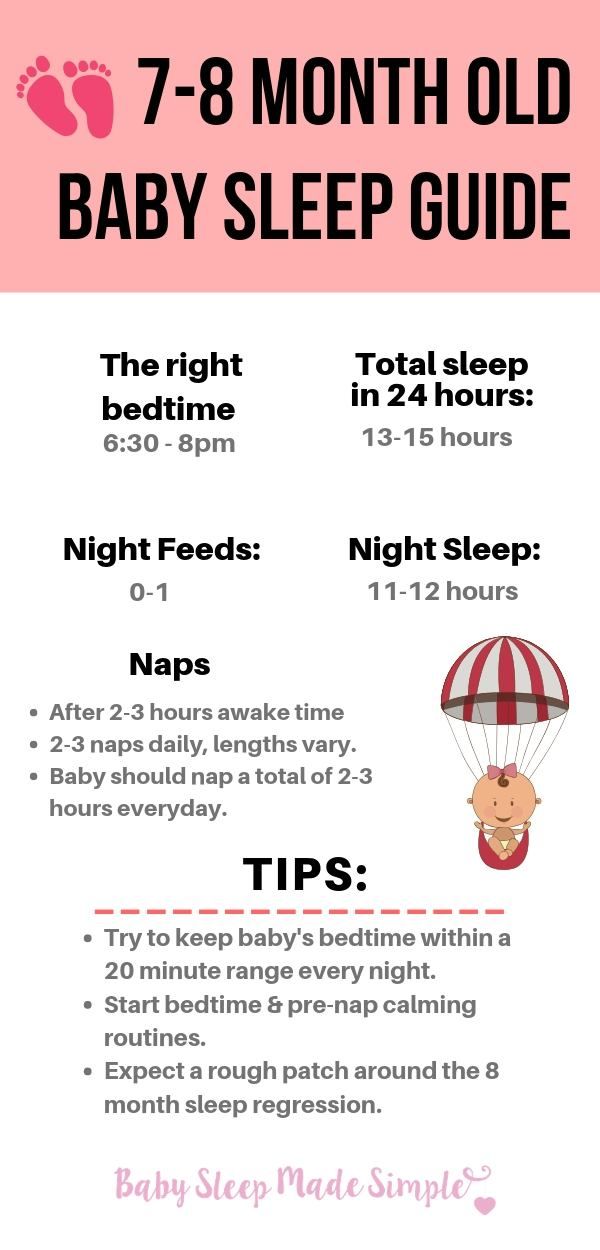 If feeding is a way to relax and fall asleep, then when awakened at night between sleep cycles, the breast or bottle will again be required to fall asleep. This is an association with sleep, the way and habit of falling asleep. nine0003
If feeding is a way to relax and fall asleep, then when awakened at night between sleep cycles, the breast or bottle will again be required to fall asleep. This is an association with sleep, the way and habit of falling asleep. nine0003
What such feedings usually look like:
- The baby wakes up every 1–1.5 hours at night and asks for food, and during the day he usually eats after 3 hours, which means that he is unlikely to feel hungry.
- The child eats very little at night: he kissed his chest for a minute or a bottle, ate 10-20 ml and fell asleep - in this case, he does not have a goal to eat.
- If there is an association for sleep, but the daily appetite does not suffer, mother and baby get enough sleep, there is nothing to worry about. In order for the number of nightly awakenings and feedings to allow sufficient sleep, even if there is an association for sleep, the child must be well suited to sleep and wakefulness. nine0210
Is it possible to change the habit of eating at night and when should I wait?
As much as one would like to reduce the number of night feedings, there are situations when they are necessary.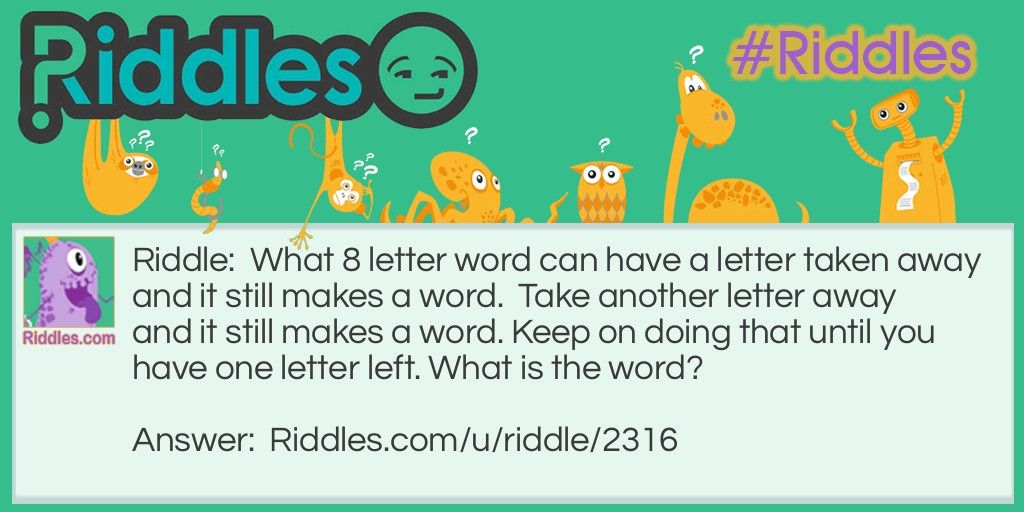 For example, a baby in the first months of life does not gain weight well, there are problems with lactation (little milk, false breastfeeding), adaptation to a therapeutic mixture with a specific taste and refusal to wake up, the baby feels unwell (sick, teeth are being cut), a child is experiencing a developmental leap, stress, a long separation from her mother. nine0003
For example, a baby in the first months of life does not gain weight well, there are problems with lactation (little milk, false breastfeeding), adaptation to a therapeutic mixture with a specific taste and refusal to wake up, the baby feels unwell (sick, teeth are being cut), a child is experiencing a developmental leap, stress, a long separation from her mother. nine0003
The assistance will depend on the age and the reason for the predominance of night eating. In the first months of life, with the "confusion of day and night," it is important to show the baby when it is day and when it is night. For daytime sleep, you do not need to create a strong blackout, and at night you need to ensure maximum darkness in the room. Limit overly long naps. All activities, walks, communication - during the day, no games at night.
If the baby is distracted during feedings and “forgets” to eat, you need to create the most calm atmosphere during feedings: turn off the TV, do not use the phone, retire to a darkened quiet room, turn on white noise.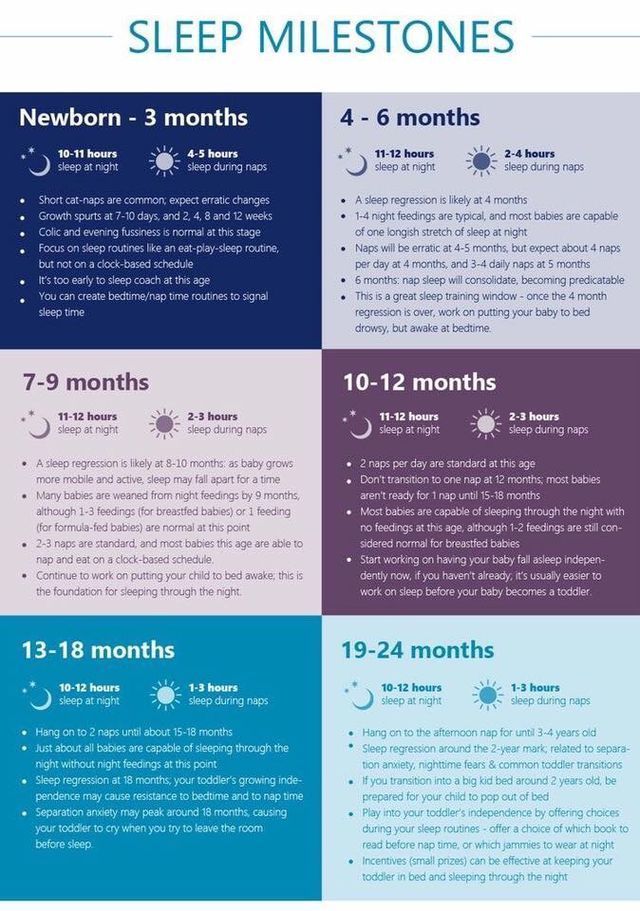 You can put a bright scarf around your neck, slingobuses, any baby rattle on a ribbon. Try a different position with less visibility, such as kneeling facing you or in a sling. nine0003
You can put a bright scarf around your neck, slingobuses, any baby rattle on a ribbon. Try a different position with less visibility, such as kneeling facing you or in a sling. nine0003
With the introduction of complementary foods, do not rush to replace breastfeeding or mashed formula. The first vegetable or fruit purees are not comparable in calories to breast milk and formula. Occupying volume in the stomach, they reduce milk intake during the day. Complementary foods can fully replace feeding only after 8 months, when it will make up about 20–30% of nutrition and the baby will eat cereals, meat, and vegetables.
On mixed feeding, it is desirable to supplement the baby with the mixture in the required amount after each application to the breast, or feed the mixture by the hour (at regular intervals), and breastfeed on demand. nine0003
A breastfeeding working mother has the hardest time reducing the number of night feeds. To do this, you need to feed the baby often enough during the day, a maximum of 3–3.